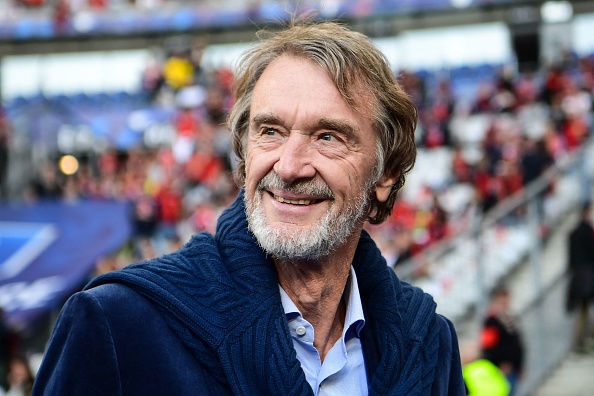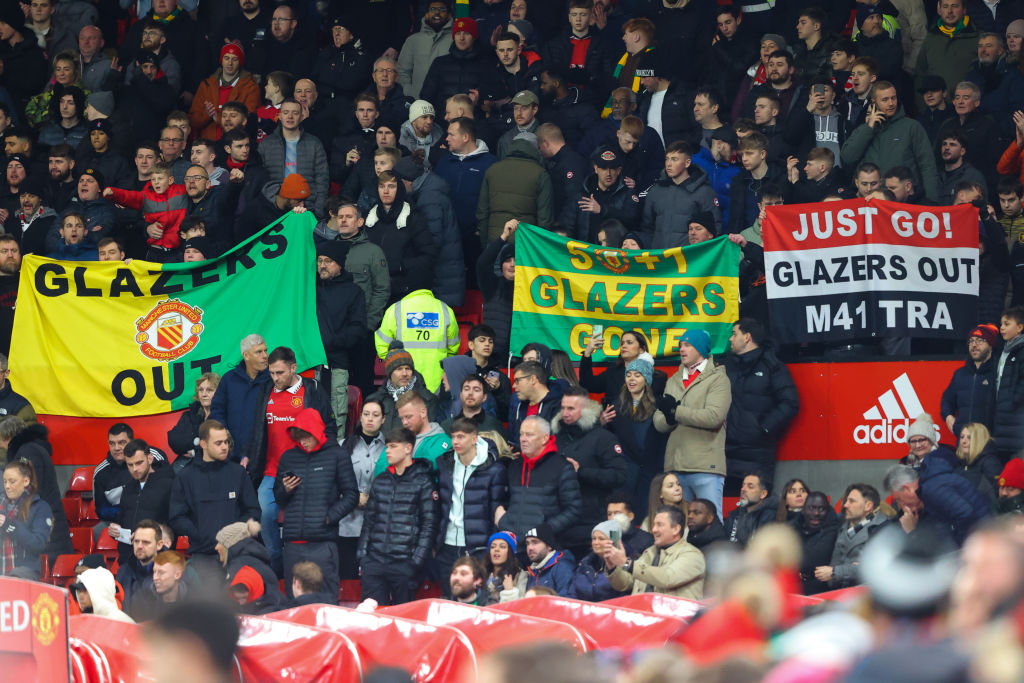
Sir Jim Ratcliffe has confirmed he has begun the bidding process to buy .
Great Britain’s richest man, chairman and CEO of chemicals company INEOS, becomes the first party to publicly declare their interest in purchasing the club after the Glazer family put it up for sale in November.
‘We have formally put ourselves into the process,’ a spokesman for Ratcliffe told The Times.
The newspaper reports further bids from the United States, the Middle East and Asia are expected to follow.
All parties must register their interest with The Raine Group – the American bank the Glazers have appointed to oversee the sale.
After registering interest, parties will undertake due diligence on the club with bids likely to follow from next month. A sale could be completed as soon as the end of the current season.
The Glazers are said to be ready to part company with United as long as the sale represents the biggest ever for a sports club and want at least £5.8billion.

Ratcliffe however is keen to complete the purchase of the club he has supported for a number of years.
The 70-year-old currently owns owns French club Nice and attempted to buy Chelsea after the club were put up for sale earlier this year, eventually losing out to Todd Boehly and his consortium.
Ratcliffe and INEOS have previously remained coy on the possibility of a formal bid, with a spokesman for the group suggesting in November their focus was on establishing Nice as a consistent challenger to Paris Saint-Germain in the French top flight.
‘Our position has developed since the summer and we are now focusing our efforts in Nice and raising our ambitions for the club to make them into a top tier club in France to compete with PSG, a spokesman told The Telegraph.
‘This would represent much better value for our investment than buying one of the top tier Premier League clubs.’
The Glazers, who have owned the club for 17 years, have faced increasing protests from fans in recent seasons, with debts spiraling out of control and and facilities, including Old Trafford, falling into disrepair.
, .
, and .





















